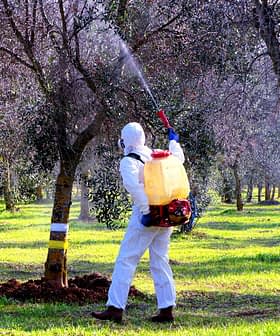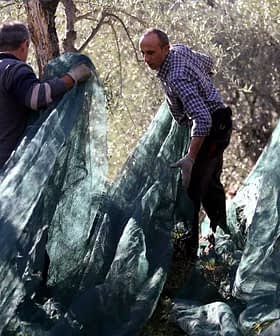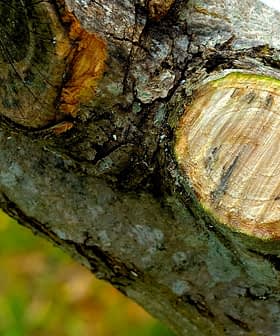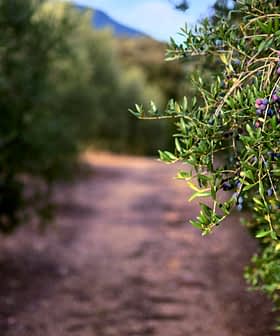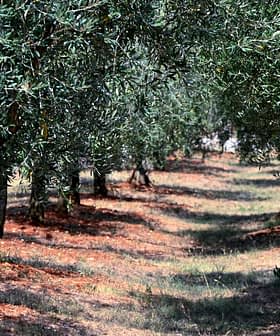Italy Pledges Nearly €70M for Olive Oil and Table Olive Sector
Italy’s Ministry of Agriculture has allocated €69.2 million, with almost half from the EU, to support the olive oil sector by improving quality, reducing environmental impact, and tracing the origin of domestic olive oil. The funds will be available from April 2021 to December 2022, with a focus on environmental sustainability, technological advancements, and establishing efficient traceability methods in the production chain.
Italy’s Ministry of Agriculture has announced €69.2 million of funding for the country’s olive oil sector, with almost half of that sum coming from the European Union.
The money will be used to improve olive oil quality, lower the environmental impact of the country’s olive farms and on new initiatives to trace the origin of olive oil sold on the domestic market.
A wise use of resources by producers’ organizations and their national associations will allow the sector to innovate adequately for the new challenges that await it.
“With the signing of the decree, we are laying the foundations for the start of the new support program for the olive oil sector for the next two years that will lead us to the new Common Agricultural Policy (CAP),” said the ministry’s undersecretary for agricultural policies, Giuseppe Abbate.
“A wise use of resources by producers’ organizations and their national associations will allow the sector to innovate adequately for the new challenges that await it, beyond the difficult period of closures to the Horeca sector (hotel, restaurants and cafes) related to the COVID-19 pandemic which inevitably had negative repercussions on sales,” he added.
See Also:CAP UpdatesThe new funds will be made available to producers and other sector members from April 2021 to December 2022.
Of the nearly €70 million available, 20 percent are earmarked for initiatives meant to reduce olive farming’s environmental impact. The ministry’s goal is to use olive trees as a means to recover certain landscapes.
The ministry said these would include works to maintain olive groves with high conservation value and those at risk of being abandoned, especially in orographically challenging locations.
The environmental funds will also cover the local development of improved farming practices, which will be tailored to specific areas. The programs will also be monitored to determine their effectiveness and the results will be made available to other growers
The environmental funds will also include workshops to present techniques to combat the olive fruit fly without chemical products and promote organic farming procedures.
Among the goals are the prevention of soil erosion and a focus on protecting local olive tree varieties and varieties at risk of extinction.
See Also:Apulian Producers Call for More Government Support for Olive Oil SectorThe ministry noted that part of the funds would help adopt new technologies, including digitalized systems and irrigation.
They will also cover underproductive olive trees’ replacements with new trees and educate producers on the best farming techniques.
About €21 million – or 30 percent of the funds – will improve farming conditions, olive harvesting and storage before their transformation, along with the related technical assistance to olive oil mills.
These funds will also add value to byproducts of the production process, create and improve laboratories focused on the organoleptic and physical-chemical profile analysis of olive oil, and train new sensory analysis panels.
The remaining 15 percent of the funds – about €10 million – will cover projects meant to establish new efficient olive oil traceability methods to create a certified production chain.
The ministry added that it plans to create a voluntary certification system based on risk analysis and with dedicated checkpoints.
The funds will also help to develop and put in action new systems and mechanisms needed to ensure the respect of laws and regulations on origin, quality and marketing of both olive oil and table olives.


